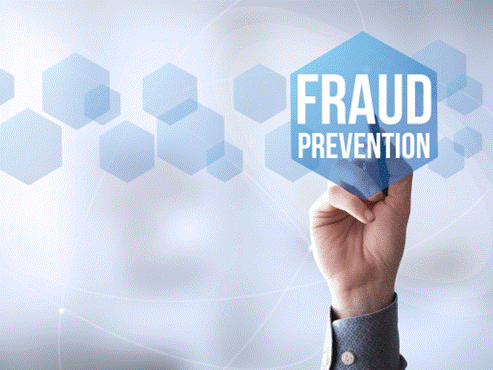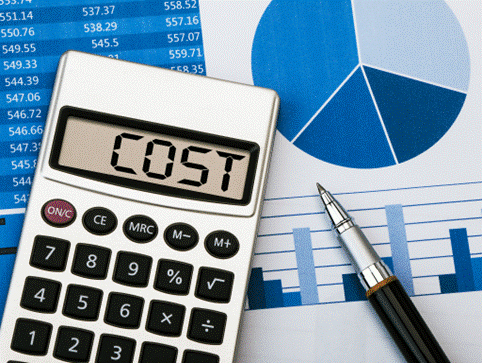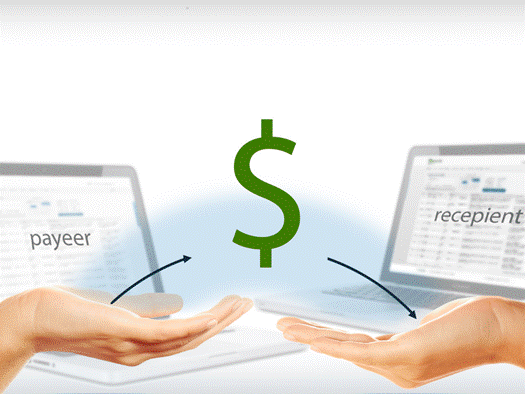|
Getting your Trinity Audio player ready...
|
This is a guest contribution from Mohit Sharma, an e-commerce marketplace expert at MohitEcommerce. Mohit likes to help all types of businesses with the best guides and resources through his courses. He is pretty active on Paytm seller central, providing many services to online sellers. He has six years of experience in the e-commerce industry, making him a professional services provider for all business sectors.
Online businesses are increasing in almost every category. The reason is obvious that companies are seeing an overwhelming growth in sales after listing their products on marketplaces and selling items from their own e-commerce store.
E-commerce marketplaces allow all sizes of businesses to list their products and grow their brand with their larger audience. They can access various tools and resources to grow their online business when they register on their platform.
People are looking into online business opportunities. GST Registration is mandatory to sell taxable products on any marketplace. Sellers can sell most of the category’s products with their GST number. It would help if you looked for various rules and regulations when you want to have your business listed on e-commerce marketplaces.
The future of e-commerce business is looking very bright, with many e-commerce marketplaces emerging for all types of businesses. You can sell on Flipkart or Myntra to scale your online business to the next level of success.
The e-commerce industry is constantly evolving as new technologies are developed, and new ways to purchase and sell products and services are created. Blockchain technology has the potential to revolutionize the e-commerce industry by providing a more secure and efficient way to conduct transactions.
Blockchain can be used to create a decentralized database that stores information about products and customers. This would allow customers to view information about products, such as the origin of the product and the supplier, and it would also reduce the risk of fraud.
Blockchain can also create a more secure payment system that would reduce the risk of payment fraud.
Blockchain technology is a distributed database that allows secure, transparent, and tamper-proof transactions. This technology has the potential to revolutionize the e-commerce industry by making transactions more secure and streamlining the fulfillment process. In addition, it introduces a new level of trust and transparency between buyers and sellers.
By using blockchain technology, e-commerce businesses can improve the customer experience by tracking the history of orders and transactions. This would allow customers to more easily track their orders and find information about products they have purchased in the past.
Blockchain can also help reduce the risk of fraud and provide a more reliable way to track and verify transactions. This could be a game-changer for the e-commerce industry, which is currently plagued by fake reviews, fraudulent transactions, and other security issues.
With blockchain, e-commerce businesses can reduce costs associated with processing transactions and shipping products and even speed up the time it takes to bring a new product to market.
How can blockchain innovate the e-commerce industry?

1. Security of customers’ data
When it comes to online shopping, data security is a top priority for both buyers and sellers. In recent years, however, several high-profile data breaches have put the personal information of millions of people at risk.
One solution to this problem is blockchain technology. Blockchain is a public ledger that can be used to track the digital movements of assets. It allows buyers and sellers to securely exchange data without worrying about third parties stealing their information.
This technology has already been implemented in several different industries, including e-commerce. By using blockchain, retailers can ensure that buyers’ data is safe and secure from theft or misuse.
The blockchain can be used to encrypt customers’ data, preventing it from being stolen or corrupted.
Blockchain technology can help to secure customer data by creating a tamper-proof ledger of all transactions. This would make it difficult for hackers to steal or manipulate customer information.

2. Fraud prevention in the e-commerce system process
Blockchain can be used to verify the authenticity of products and track their movement through the supply chain.
E-commerce systems are designed to protect the customers’ data and prevent fraud. But fraud can still occur in these systems. There are some ways that fraud can occur in an e-commerce system, including Fraudulent transactions.
Fraudsters can create fraudulent transactions to steal money or goods from customers. Phishing is another problem in e-commerce fraud. Phishing is a scam where scammers try to get users to give them their personal information, such as their login credentials or bank account numbers. Once the user enters the login credentials, their details are transmitted to theft for fraudulent tasks.
Fraudulent activities such as online fraud, cross-border shopping, and counterfeit goods are widespread in the e-commerce ecosystem and have resulted in lost revenue for merchants and reduced trust among customers.
Blockchain can play an essential role in preventing fraud in e-commerce marketplaces. By creating a tamper-proof record of transactions, blockchain can help ensure that all transactions are legitimate and accountable.
This can help restore trust among customers and merchants, leading to increased sales volumes and greater financial stability for both parties involved in the marketplace.

3. Faster checkout in e-commerce
Blockchain can be used to manage and store customers’ payment information, making the checkout process faster and more secure.
E-commerce marketplaces are seeing an overwhelming response from online sellers. Millions of products are added to cure the demand of the customers. The global online retail market is going to increase in almost all countries. This growth is being driven by the increasing popularity of e-commerce and the growing demand for faster checkout processes.
One way that blockchain can help speed up checkout processes in e-commerce is through its ability to create a tamper-proof record of transactions. This could enable retailers to eliminate the need for customers to provide their personal information, such as their address and credit card number during checkout, which would save them time and hassle.
Additionally, blockchain could be used to track the location of items throughout the supply chain which would help ensure that they are arriving at stores in good condition.
Blockchain can also help speed up payment checkout in e-commerce marketplaces by automating the process of verifying and confirming payments. This can eliminate the need for customers to wait in line or log in to their accounts multiple times, saving them time and money.
It can also help protect against fraud, as transactions will be automatically recorded and verified on a blockchain network.

4. Reduced shipping costs
Blockchain technology can be used to track parcels and shipments, which can help to reduce shipping costs in the e-commerce sector. This could definitely save a lot of money for online sellers.
One of the biggest benefits of blockchain technology is its potential to reduce shipping costs. By using a distributed ledger, shipping companies can track shipments from origin to destination with greater accuracy and efficiency, reducing costs for buyers and sellers.
This could have a significant impact on the e-commerce industry, as shipping costs are one of the main factors that can prevent buyers from making purchases online. In addition, blockchain could also be used to create new types of e-commerce platforms that are not reliant on traditional shipping methods.
Additionally, This would also provide benefits to the logistics business with reduced shipping costs to most e-commerce merchants.

5. Providing a more secure and efficient payment system
Blockchain technology can provide online retailers with a more secure and efficient payment system. The distributed ledger technology allows for transactions to be tracked and recorded transparently, eliminating the need for third-party verification.
This could lead to reduced processing times and increased data accuracy, making it easier for businesses to conduct transactions and manage records.
6. Creating a system that allows for easier tracking of parcels
One of the biggest challenges facing e-commerce businesses is the tracking of parcels. In order to ensure that products arrive on time and in good condition, many companies rely on third-party delivery services. But this can be a time-consuming and expensive process.
Blockchain could help solve this problem by creating a system that allows for easier tracking of parcels. This would enable companies to monitor the progress of their shipments from start to finish, ensuring that they are always aware of any issues along the way. By reducing the amount of time required to track shipments, e-commerce businesses could save significant amounts of money.
7. Providing a more transparent and efficient system for reviewing customer data
Blockchain technology can help improve the e-commerce industry by providing a more transparent and efficient system for reviewing customer data. This system would allow customers to access their information in a secure and tamper-proof manner, making it easier to shop and make informed decisions.
Additionally, it would reduce the risk of fraud and theft, which is especially important in an industry like e-commerce, where valuable items are often being bought and sold.
8. Developing a system that allows for easier returns and refunds
Blockchain technology could help to revolutionize the e-commerce industry by making it easier for customers to return and receive refunds. Currently, e-commerce platforms are complex and require customers to navigate through multiple screens in order to make a return or request a refund.
With blockchain, returns and refunds would be handled in a simple, transparent manner that would allow customers to track their transactions from beginning to end. This would make the process more streamlined and efficient for both consumers and businesses alike.
Watch: CoinGeek New York presentation, Secure & Compliant Document Workflow using Blockchain

 02-28-2026
02-28-2026 




